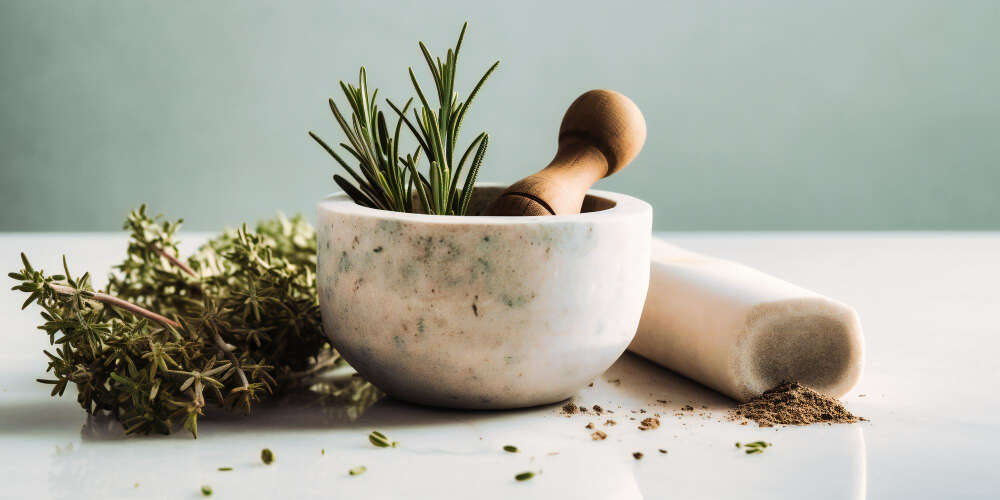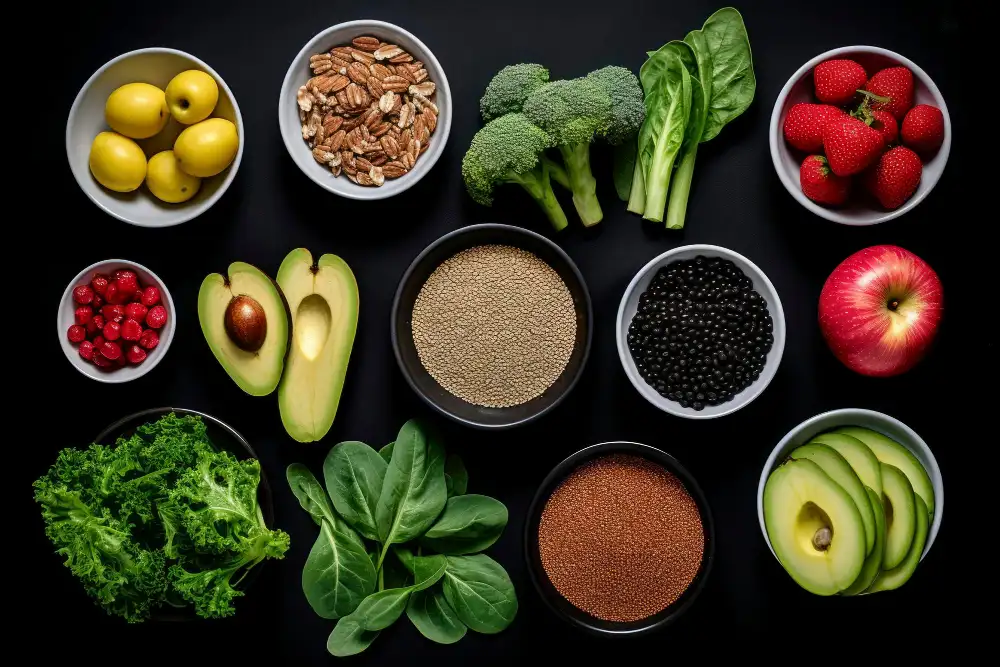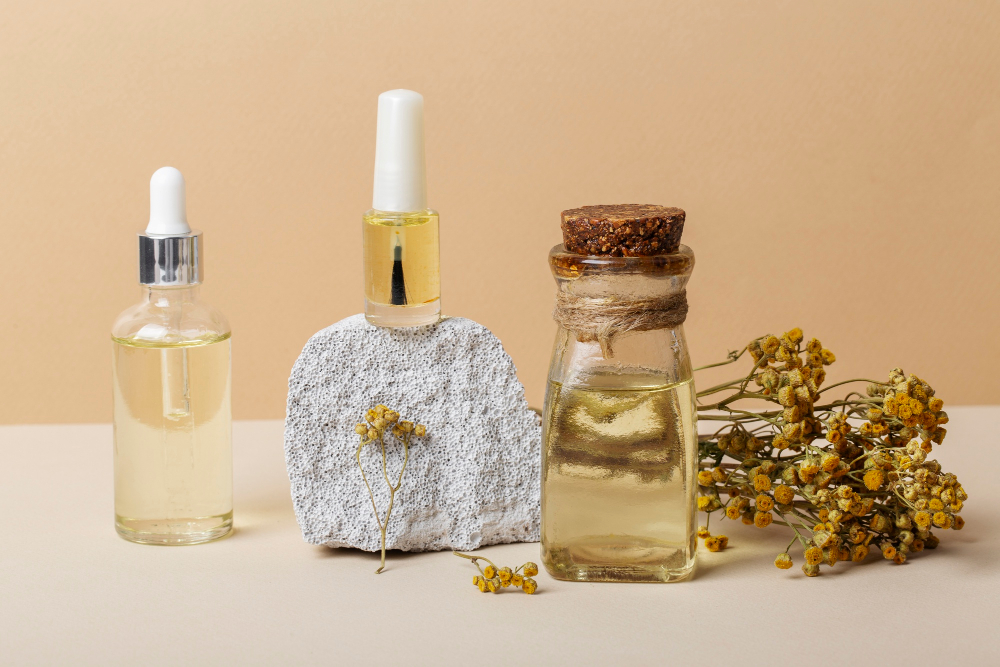Gout, a form of arthritis that causes intense pain and swelling in the joints, has been increasingly prevalent. While conventional medicine offers relief, many seek natural remedies to complement treatments and enhance overall well-being. This comprehensive guide delves into effective home remedies for gout, blending traditional wisdom with holistic health practices. Discover dietary adjustments, herbal supplements, and lifestyle changes that promise relief and preventive care for gout sufferers.
Understanding Gout and Its Natural Management
Gout, an ancient form of arthritis, has afflicted people for centuries. Characterized by sudden, severe attacks of pain, redness, and tenderness in the joints, it’s a condition that can significantly impact quality of life. The root cause of gout is an excess of uric acid in the blood, leading to the formation of sharp, needle-like urate crystals in a joint or surrounding tissue that cause inflammation, swelling, and pain.
Modern lifestyles have led to an increase in gout occurrences, with diets rich in purines (substances found in animal and some plant foods) contributing significantly to its prevalence. However, the holistic health community offers hope through natural management strategies, focusing on dietary adjustments, herbal remedies, and lifestyle changes to maintain a balance between body, mind, and environment.
Natural Management of Gout emphasizes the body’s inherent ability to heal and maintain health. Key to this approach is understanding how lifestyle factors contribute to gout and making conscious changes to reduce uric acid levels naturally. This includes incorporating anti-inflammatory foods, staying hydrated, and engaging in regular, gentle exercise to improve circulation and joint health.
Dietary Adjustments to Alleviate Gout Symptoms
Diet plays a pivotal role in managing gout. Foods high in purines, such as red meats, certain seafood, and alcohol, can increase uric acid levels, whereas a diet rich in fruits, vegetables, whole grains, and lean proteins can help keep these levels in check.
Hydration is critical. Drinking plenty of water helps dilute uric acid in the blood and promotes its excretion. Aim for at least 8-10 glasses a day, and consider adding lemon to water for an extra detoxifying effect. Lemon water helps alkalize the body and can lower uric acid levels, providing a natural boost to gout management efforts.
What to Drink: Beyond water, certain herbal teas can be beneficial. Green tea, known for its antioxidant properties, may help reduce uric acid levels, while nettle tea is traditionally used for its diuretic properties, helping the kidneys flush out toxins, including excess uric acid.
Discover how staying hydrated plays a crucial role in gout management and learn what is the best thing to drink if you have gout for effective relief.
Foods to Embrace and Avoid:
- Embrace: Cherries and cherry juice can reduce uric acid levels and inflammation. Low-fat dairy products, tofu, and eggs offer protein alternatives with lower purine content. Complex carbohydrates, like whole grains, fruits, and vegetables, should form the bulk of the diet.
- Avoid: Limit intake of high-purine foods such as organ meats, red meats, and certain fish like anchovies and sardines. Alcohol, especially beer, and beverages sweetened with high-fructose corn syrup should be consumed in moderation or avoided.
Creating a Gout-Friendly Diet involves more than just avoiding certain foods and beverages; it’s about holistic dietary planning that supports overall health. Incorporating anti-inflammatory spices like turmeric and ginger into meals can provide additional benefits, helping to reduce joint inflammation and pain.
Herbal Remedies and Supplements for Gout
The use of herbal remedies and supplements has gained popularity in the holistic management of gout, not only for their potential to alleviate symptoms but also for their ability to address the underlying causes of gout, such as high uric acid levels and inflammation.
Turmeric: Known for its potent anti-inflammatory properties thanks to curcumin, its active ingredient, turmeric can help reduce the pain and swelling associated with gout attacks. Incorporating turmeric into your diet or taking it as a supplement can offer significant relief.
Ginger: Another powerful anti-inflammatory, ginger can be consumed in various forms—fresh, powdered, or as a tea. It works by inhibiting the synthesis of prostaglandins, which are involved in the inflammation process. For gout sufferers, this can mean reduced pain and inflammation.
Cherry Extract: Cherries are rich in anthocyanins, which not only give them their vibrant color but also have been shown to reduce uric acid levels and inflammation. A daily serving of cherry extract or consuming fresh cherries can be a delicious and natural way to combat gout.
Celery Seed Extract: This less commonly known supplement has been used traditionally for its diuretic properties, helping the body eliminate excess uric acid. Celery seed extract also possesses anti-inflammatory properties, making it a dual-action supplement for gout management.
Fish Oil: Rich in omega-3 fatty acids, fish oil supplements can help reduce the intensity of gout attacks by lowering inflammation throughout the body. Regular intake can be a part of a holistic approach to managing gout symptoms.
When considering herbal remedies and supplements, it’s crucial to consult with a healthcare provider, especially since some supplements can interact with medications or may not be suitable for everyone.
The Role of Hydration in Gout Management
Hydration is a cornerstone of gout management. Adequate fluid intake helps dilute the uric acid in your bloodstream, facilitating its excretion through the kidneys. This can prevent the formation of urate crystals in the joints, thus reducing the risk of gout attacks.
Water: The most straightforward and effective way to stay hydrated is to drink water. For those with gout, aiming for 8-10 glasses of water daily is a good rule of thumb. It’s simple, yet it’s one of the most effective strategies for managing gout.
Infused Waters: For added benefits and flavor, consider infusing water with ingredients like lemon, lime, or cucumber. These not only enhance the taste but can also offer additional health benefits, such as alkalizing the body and providing antioxidants.
Herbal Teas: Certain herbal teas, like nettle, dandelion, or green tea, can be excellent for gout sufferers. They offer hydration, diuretic properties to help flush out uric acid, and antioxidants to support overall health.
Limiting Dehydrating Beverages: While increasing your intake of beneficial fluids, it’s equally important to reduce or eliminate consumption of dehydrating beverages like alcohol, sugary drinks, and excessive caffeine. These can contribute to dehydration and exacerbate gout symptoms.
Incorporating hydration into your daily routine doesn’t have to be tedious. Carrying a water bottle, setting reminders, and experimenting with infused water or herbal teas can make hydration a more enjoyable and habitual part of your day.
Lifestyle Changes to Prevent Gout Flare-ups
Lifestyle modifications are crucial in the long-term management and prevention of gout flare-ups. These changes not only help in reducing the frequency of attacks but also contribute to overall health and well-being.
Weight Management: Excess weight can increase the risk of gout, as it can elevate the levels of uric acid in the body. A healthy weight loss program, when needed, can decrease uric acid levels and reduce the strain on joints. Emphasizing a balanced diet and regular physical activity are key strategies for effective weight management.
Exercise Regularly: Regular exercise is vital for maintaining a healthy weight and improving overall health, but it also has specific benefits for gout sufferers. Low-impact exercises, such as swimming, cycling, or walking, can help reduce the risk of gout attacks without putting too much strain on the joints. Aim for at least 30 minutes of moderate activity most days of the week.
Limit Alcohol Consumption: Alcohol, especially beer and spirits, can increase uric acid levels in the body, leading to gout flare-ups. Limiting alcohol intake or avoiding it altogether can significantly reduce the risk of gout attacks.
Stay Hydrated: As mentioned earlier, proper hydration is essential for flushing out excess uric acid. This lifestyle change complements dietary adjustments and should be a daily priority.
Stress Reduction: High stress levels can trigger gout flare-ups. Incorporating stress-reduction techniques such as meditation, yoga, deep breathing exercises, or even engaging in hobbies can help manage stress and reduce the frequency of gout attacks.
Adopting these lifestyle changes requires commitment and consistency. Small, incremental changes are often more sustainable and can lead to long-term success in managing gout.
Innovative Home Remedies for Quick Gout Relief
While long-term management strategies are essential, there are also innovative home remedies for providing quick relief from the acute pain and discomfort caused by gout flare-ups.
Cold Compresses: Applying cold packs to the affected joint for 20 to 30 minutes several times a day can help reduce inflammation and relieve pain. This simple remedy can be particularly effective during the initial stages of a gout attack.
Elevation: Elevating the affected limb can reduce swelling and discomfort. When resting, place the affected joint on a pillow or another elevated surface to help decrease inflammation.
Epsom Salt Soaks: Soaking the affected joint in a warm bath with Epsom salt can help relieve muscle tension and reduce pain. The magnesium in Epsom salt may also help lower blood pressure, providing additional health benefits.
Activated Charcoal: Some anecdotal evidence suggests that a paste made from activated charcoal applied to the affected area can help absorb uric acid, providing relief from gout pain. This remedy, however, should be used with caution and in consultation with a healthcare provider.
Baking Soda: A solution made with baking soda and water may help reduce the amount of uric acid in the body, providing relief from gout pain. However, this remedy is not suitable for everyone, especially those with high blood pressure, and should be discussed with a healthcare provider.
Cherries and Cherry Juice: As mentioned, cherries have anti-inflammatory properties and can reduce uric acid levels. Consuming cherries or pure, unsweetened cherry juice daily can provide quick relief and prevent future flare-ups.
These home remedies can offer immediate relief and are a valuable addition to long-term management strategies. However, it’s important to consult with a healthcare provider before trying new remedies, especially if you have underlying health conditions or are taking medications.
FAQ: Managing Gout with Home Remedies
Q: What is the fastest way to cure gout pain? A: Immediate relief from gout pain can often be achieved through cold compresses, which reduce inflammation and numb the affected area. Additionally, consuming anti-inflammatory foods like cherries or cherry juice can provide swift natural pain relief. It’s important to consult with a healthcare provider for personalized advice, especially during acute flare-ups.
Q: What is the best thing to drink if you have gout? A: Hydration is key in managing gout, with water being the most beneficial drink. Lemon water can help alkalize the body and lower uric acid levels, while herbal teas such as green tea offer antioxidant properties that support overall health. Avoiding alcohol and sugary drinks is crucial, as they can increase uric acid levels.
Q: How do you flush out gout? A: Flushing out gout involves reducing uric acid levels and inflammation through diet, hydration, and lifestyle changes. Drinking plenty of water, incorporating alkalizing foods and drinks, and avoiding high-purine foods are effective strategies. Supplements like vitamin C and cherry extract may also help lower uric acid levels.
Summary & Conclusion: Embracing Holistic Health for Gout Management
Managing gout extends beyond merely addressing the symptoms—it requires a comprehensive approach that considers diet, lifestyle, and natural remedies. This article has explored various strategies, from dietary adjustments and hydration to herbal supplements and lifestyle modifications, aimed at reducing uric acid levels and preventing gout flare-ups.
Key Takeaways:
- Dietary Adjustments: Emphasizing a diet rich in fruits, vegetables, whole grains, and lean proteins while limiting high-purine foods, alcohol, and sugary beverages can significantly impact gout management.
- Hydration: Drinking plenty of water and incorporating beneficial drinks like lemon water and herbal teas can help flush out excess uric acid.
- Herbal Remedies and Supplements: Turmeric, ginger, cherry extract, and fish oil are among the natural substances that can reduce inflammation and lower uric acid levels.
- Lifestyle Changes: Regular exercise, weight management, stress reduction, and limiting alcohol consumption are critical for preventing gout attacks and promoting overall health.
Embracing a Holistic Approach: Adopting a holistic approach to gout management involves integrating these strategies into your daily routine. It’s not just about treating gout but enhancing your overall well-being. By making informed choices about diet, lifestyle, and natural remedies, individuals can take control of their gout management and enjoy a higher quality of life.
Consultation with Healthcare Providers: While the home remedies and strategies discussed offer valuable insights into managing gout naturally, it’s essential to consult with healthcare providers. They can provide personalized advice, adjust treatments as necessary, and ensure that any new approach complements existing medical plans.
Gout management is a journey that involves understanding the condition, making informed choices, and committing to long-term lifestyle changes. With the right strategies, individuals can mitigate the impact of gout on their lives, reducing flare-ups and promoting a healthier, more active lifestyle.










